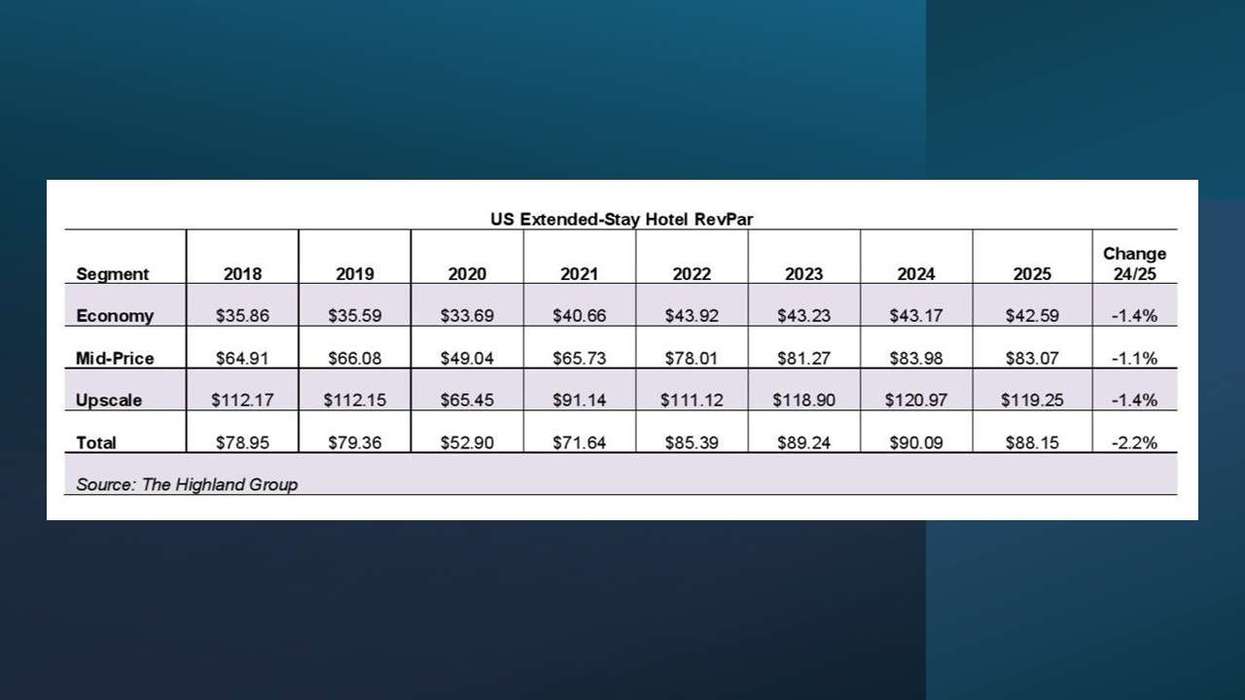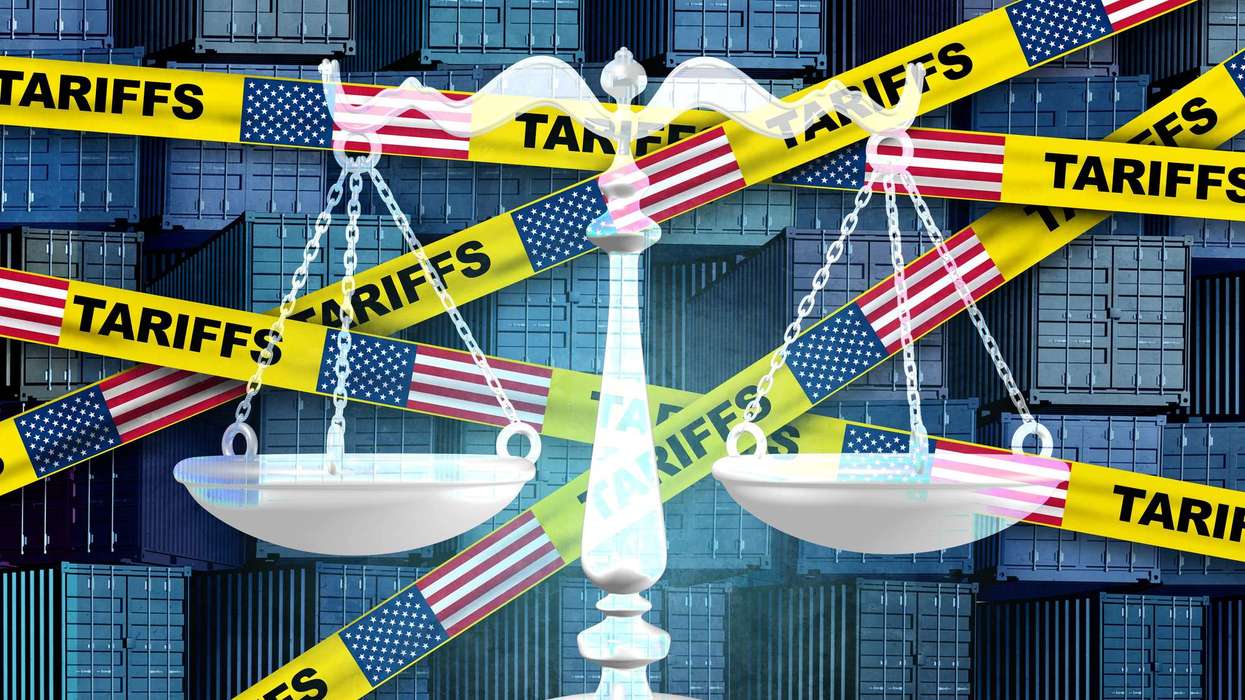THE COVID-19 PANDEMIC’S impact on the U.S. hotel industry could lead to a multi-billion dollar loss of lodging tax revenue, according to hospitality consulting firm HVS. Those losses are likely to roll over to the convention and tourism industries.
HVS estimates combined lodging tax losses of $4.4 to $6.1 billion across 25 U.S. urban markets due to the impact of COVID-19. Stakeholders will be forced to do debt refinancing or seek alternative revenue streams until the hospitality industry recovers from the pandemic, it said.
Before the onset of the crisis, in 2019, 25 major U.S. markets generated around $3.7 billion in lodging tax revenue, HVS said. Much of that supported debt service for the construction of convention centers, arenas and other public assembly facilities. It also makes up a large share of the funding for destination marketing organizations (DMOs) and covers the operating deficits of convention center venues.
“The effect of the COVID-19 pandemic on lodging tax revenue presents serious challenges to DMO, convention centers, and other public and private agencies that are dependent on this revenue stream. The loss of revenues necessitates remedial actions on the part of federal, state, and local governments,” said Thomas Hazinski, managing director of HVS convention, sports, and entertainment facilities consulting.
“Governments may need to refinance debt that is repaid by lodging tax revenues if reserves are insufficient to cover existing debt service obligations,” Hazinski said.
Rahul Patel, managing partner at Patel|Gaines law firm in San Antonio, Texas, said previously hotels’ taxes may go up as a result of the crisis.
“We’re doing everything we can as a country to pump dollars back to business owners, but at some point it’s going to come from somewhere, right?” he said. “We know that, and it’s going to come in the form of taxes at some point, whether that’s income taxes, sales tax, property taxes, occupancy taxes, whatever you call it it’s going to come back.”
HVS projects that if the current weekly level of RevPAR continues throughout April it will drop to $15.61 from a pre-crisis level of $116.97, an 86.7 percent decline from the prior year. RevPAR in the U.S. urban markets reached a low point of $83.98 in 2009 during the great recession but exceeded pre-recession levels by reaching $110.40 in 2014, a five-year recovery period.
Earlier, STR Global estimated room-night demand and ADR growth of 1.9 per cent in 2020 and 2.3 per cent growth in 2021. HVS assumes the room-night demand would have grown at 1 percent per year and ADR would have grown at an average rate of 2 percent per year.
HVS said the recovery of room night demand differs by market segment.
“Essential business travel is the first to recover followed by transient leisure travel. The recovery of group meeting business lags the other segments because these events have long term planning horizons and corporate spending on group events is depressed during periods of economic distress,” Hazinski and Joseph Hansel, HVS research analyst, wrote in an article. “The sudden and massive shift to online meetings has already provided a substitute for group travel. Some use of electronic meetings may persist after travel restrictions are lifted, but eventually, group travel will recover.”




